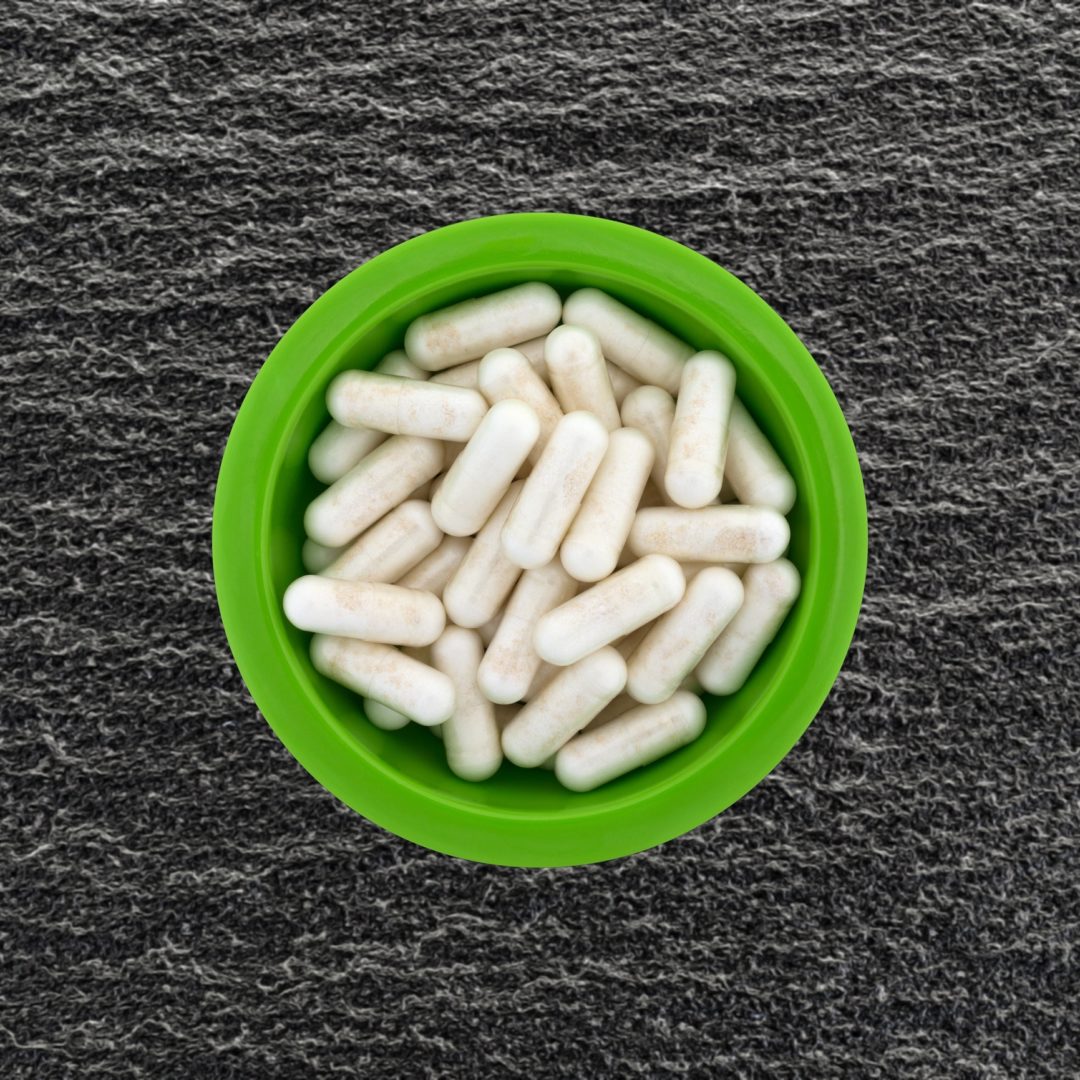
Form of B3 Linked to Breastfeeding Benefits in Mice

In the study, published inCell Reports, mother mice given NR lost weight faster than nursing mice that did not receive the supplement. What's more, according to areleasefrom the University, the NR group produced more milk, and that milk was of higher quality, containing higher levels of a protein factor that promotes brain development.
Benefits to the babies were significant, the researchers report. The pups of moms given the supplement were bigger and in better metabolic health than those in the control group. And the benefits extended into adulthood, as the NR group had better motor coordination, better learning and memory and less anxiety.
“Improving the mom’s micronutrition with NR supplementation increased the quantity and quality of her milk, and the effects on the offspring were apparent from the day the mouse pups opened their eyes and started to move around,” lead study author Charles Brenner, Ph.D., said in the release. “Now we want to know if NR can safely increase lactation in women and if taking NR increases the levels of bioactive factors in human milk like it does in mice and rats.”
Dr. Brenner added, "We are really excited to test whether NR will improve lactation in women and whether it will have some of these exciting secondary outcomes like increasing maternal weight loss and potentially improving childhood development.”
The study was supported in part by grants from ChromaDex Corp., which produces patent-protected NR commercially known as NAD. The company explained in apress releasethat NR is a cell-charging vitamin clinically proven to boost NAD, a coenzyme as essential to cells as food, water, and oxygen.
“This groundbreaking work opens the door to more research into how nicotinamide riboside could be used to improve the lives of women and their children," said Bruce German, Ph.D., professor at the Department of Food Science & Technology at the University of California, Davis and member of the ChromaDex Scientific Advisory Board, in the ChromaDex release.
ChromaDex CEO Rob Fried added, “We are excited that this latest study extends our existing body of research and greatly adds to our understanding of the potential of this unique vitamin."

The editorial team at WholeFoods Magazine has decades of experiences reporting on natural products industry news, trends, and more. This national, monthly business-to-business magazine has been published continuously for nearly 40 years (the magazine was founded in 1977, and has been owned by Wainer Finest Communications since 1984). It is the longest-tenured media outlet of its kind in the natural products industry. The editorial focus at WholeFoods Magazine is, and always has been, on informing and educating members of the natural products industry.
The Magazine
Information
About Us
NOTE: WholeFoods Magazine is a business-to-business publication. Information on this site should not be considered medical advice or a way to diagnose or treat any disease or illness. Always seek the advice of a medical professional before making lifestyle changes, including taking a dietary supplement. The opinions expressed by contributors and experts quoted in articles are not necessarily those of the publisher or editors of WholeFoods.







